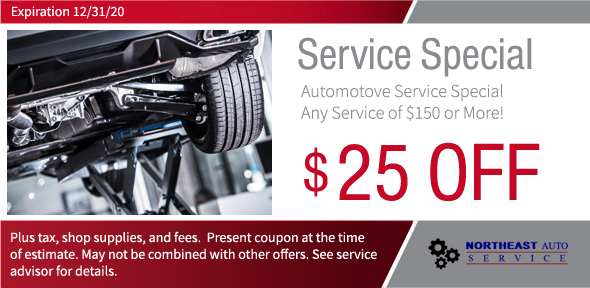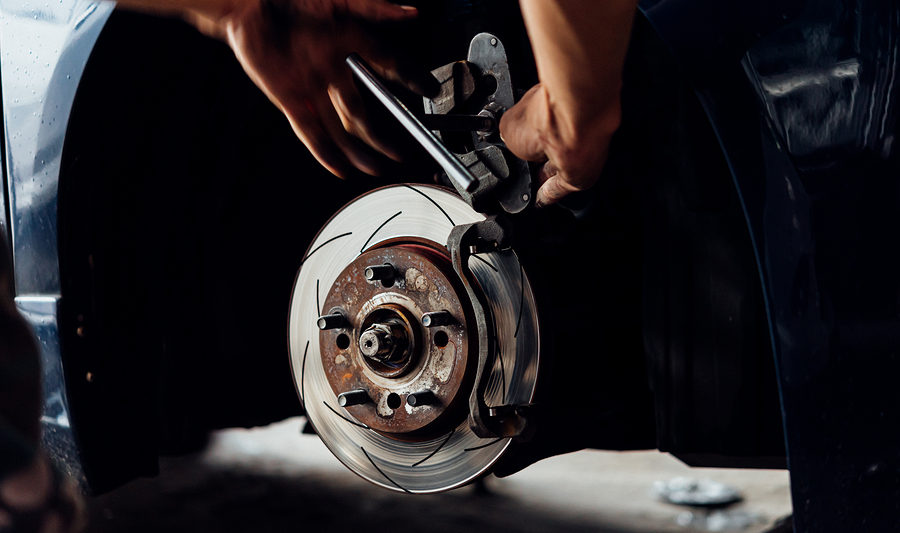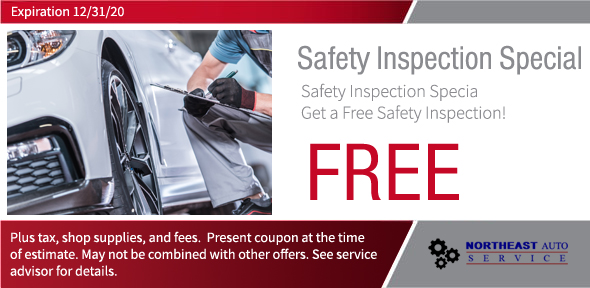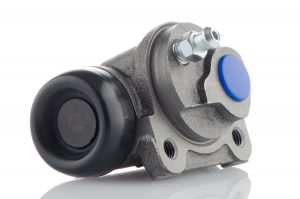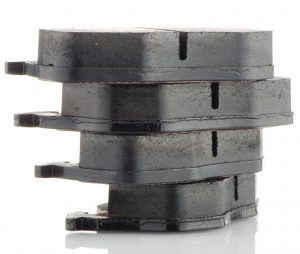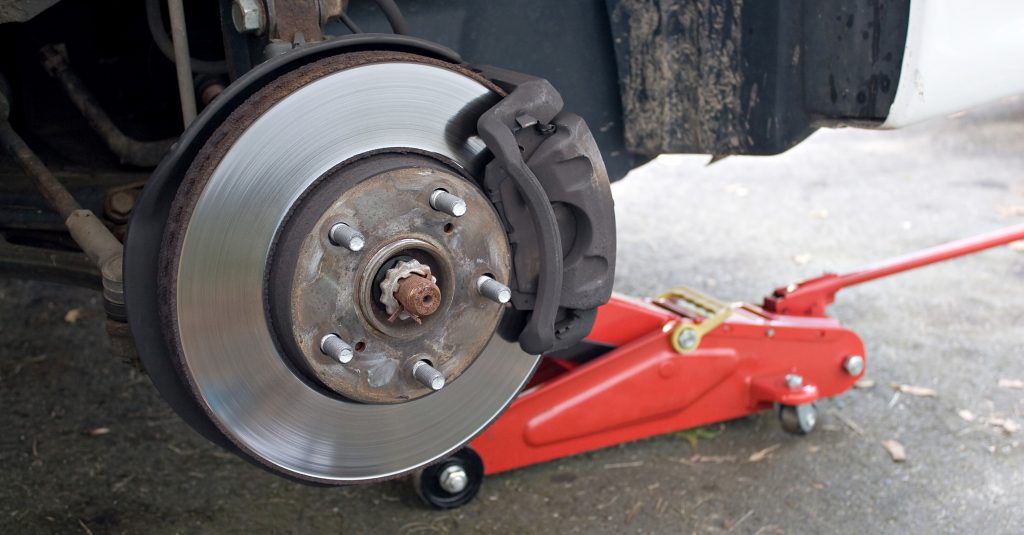Routine car maintenance is the most effective method for increased your vehicle’s safety, performance, and longevity. Most car owners are familiar with the standard factory recommended car maintenance schedules, including fluid changes, tire rotations, inspections, tune-ups, and more. But there is a vital part of routine car maintenance that is not as familiar to most people, so it is commonly overlooked. We are talking about having your car brakes bled. Bleeding your car brakes is very important, and should be done according to your vehicle’s maintenance needs.
Continue reading to learn more about bleeding car brakes, and when you should have yours done.
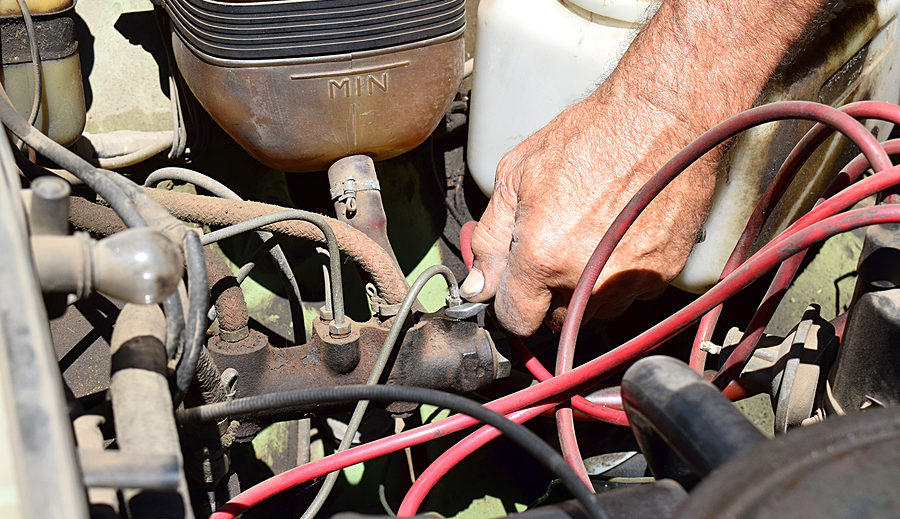
Basics of Bleeding Car Brakes
To get straight to the point, automotive service experts recommend having your car brakes bled every two to three years. You can choose to have a licensed mechanic perform the service along with your scheduled brake services, or you can try to do it yourself. But keep in mind, the latter is not recommended for those without experience. Not only can it be quite messy, it can be dangerous.
So why do you need to bleed car brakes on a routine basis like this? The answer is air. Overtime, small amounts of air begin to enter the brake lines. This changes the way your brakes perform. And if too much air gets inside the brake lines, it can lead to complete brake failure at any given time. You can tell your brake lines may have air in them if they feel spongy or squishy when you apply pressure to them.
The most common reasons why air gets inside brake lines are leaks or worn brake pads. In other cases, air can also enter brake lines during a certain types of car service, or even result from repeated slamming of the brakes. Regardless of how your brake lines acquired air, it is important to have them bled to remove the damaging air and bring your braking system back to a safe and efficient condition.
When to Replace Car Brakes
If you notice that it takes longer to come to a complete stop than it did before, or if you have to apply more pressure to the brake pedal to get the car to stop, then your vehicle needs attention. This often happens when the pads against your brakes wear thin, reducing the amount of pressure applied to the rotor. In this case, you may also hear squeaking noises caused by the rotor and bare brake pad rubbing against each other. This is a highly dangerous problem that should be repaired immediately. Brake failure can result in fatal and serious car accidents.
Another way to tell if your car brakes need repaired, replaced, or serviced is if your steering wheel is shaky. If it wobbles and vibrates back and forth while you drive, it is an indication that the rotors are damaged. These are usually changed or replaced along with the pads because they have similar life-expectancy. See our blog, “How Do I Know When My Car Needs Brake Repair?” to learn more signs of brake deterioration.
Trusted Indianapolis Car Maintenance
Call Northeast Auto Service at 317-475-1846 for professional car brake service and repair in Indianapolis, Indiana. We’re ASE certified car mechanics who provide a wide range of auto repairs and maintenance for both foreign and domestic vehicles. We also provide several amenities, such as free written estimates, flexible drop off and pickup hours, and more.
